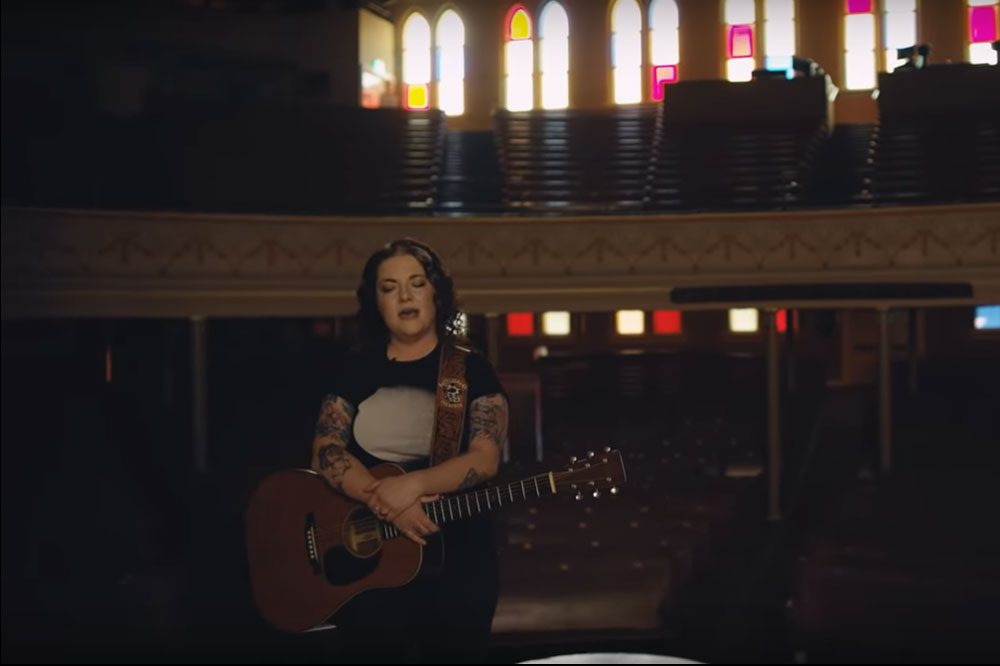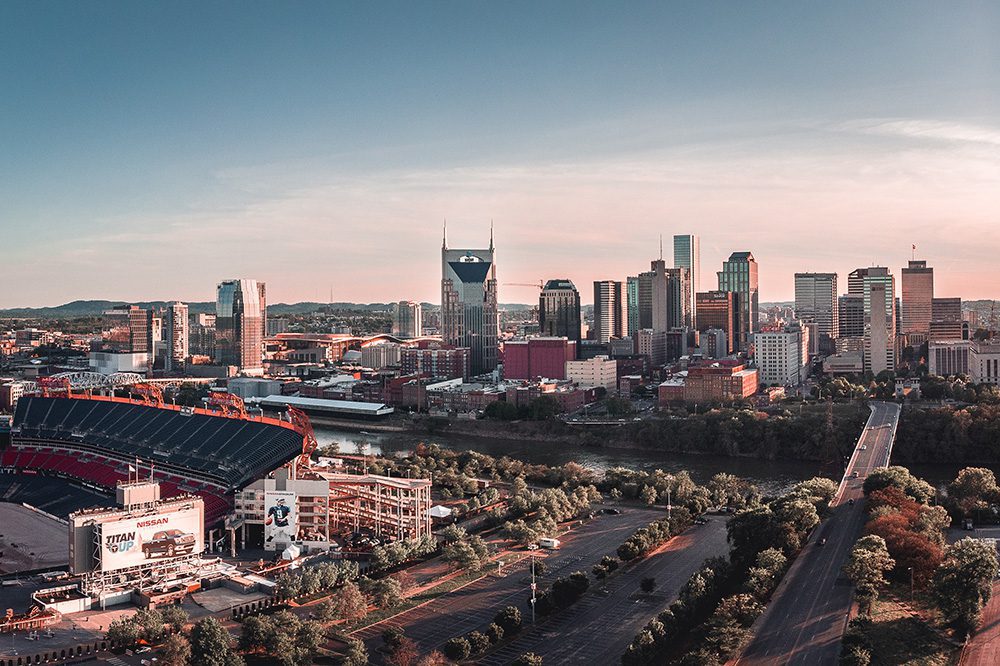

Needless to say, 2020 was a challenging year. In a year bookended by a devastating tornado in March and a bombing on Christmas morning, with the COVID-19 pandemic sandwiched in between, Nashville has been dealt its fair share of blows this year. But these challenges also held a mirror up to the city’s resiliency, and through the highs and lows, the city proved not to be merely a group of citizens, but a family.
High: ACM Awards & CMT Awards cater to socially distanced format
Following suit with the many other awards shows, both the Academy of Country Music and CMT decided to go (mostly) virtual for their respective awards shows, adapting their formats to pandemic times. CMT wins the award for most creative, as the network invited its artists to perform at separate locations consisting mainly of outdoor venues across the Nashville area. From Little Big Town’s soaring harmonies bouncing off the walls of a cave, to Dan + Shay serenading us from a beautiful outdoor wedding venue while Luke Combs and Brooks & Dunn rocked the Bicentennial Capitol Mall Amphitheater, with Combs shotgunning a beer in the middle of the performance, CMT broke the mold on what a traditional award show looks like in a way that was both safe and entertaining.
The ACM also found a way to impressively adapt to the pandemic by hosting artists at three of Nashville’s iconic venues, the Ryman Auditorium, Grand Ole Opry and Bluebird Cafe. The artists performed to empty venues and were socially distanced with their band members on stage, the Academy going so far as to distribute the awards by placing the trophy on a stool that the artist would then solely collect. It was impressive to see the lengths that the Academy went to adapt appropriately to the public health situation while still honoring the best and brightest in the genre while making the participants – and viewers – feel safe.
Low: The CMA Awards
During a time when major awards shows opted to host virtual ceremonies in light of the pandemic, the CMA decided to forge ahead with an in-person November event in an effort to remain “representative of the brand,” according to show producer Robert Deaton. Filmed non-audience at the Music City Center with only the nominees and one guest peer nominee allowed in the venue, the CMA went through rigorous protocols to keep the environment as safe as possible with measures including rapid testing, sanitizing equipment between each award, seating a maximum of four people per table that were spaced eight feet apart, among them. But that still wasn’t enough to make this viewer and local journalist feel like it was worth the risk. It was disheartening to see the most prominent names in country music walking around the room without masks on, smiling and laughing with each other without following social distancing practices, especially during a time when COVID-19 cases were surging in Tennessee and local officials were urging citizens not to gather in groups larger than 10 people. Additionally, five acts had to drop out leading up to the day of the show due to testing positive for the virus or coming into contact with family members who had tested positive.
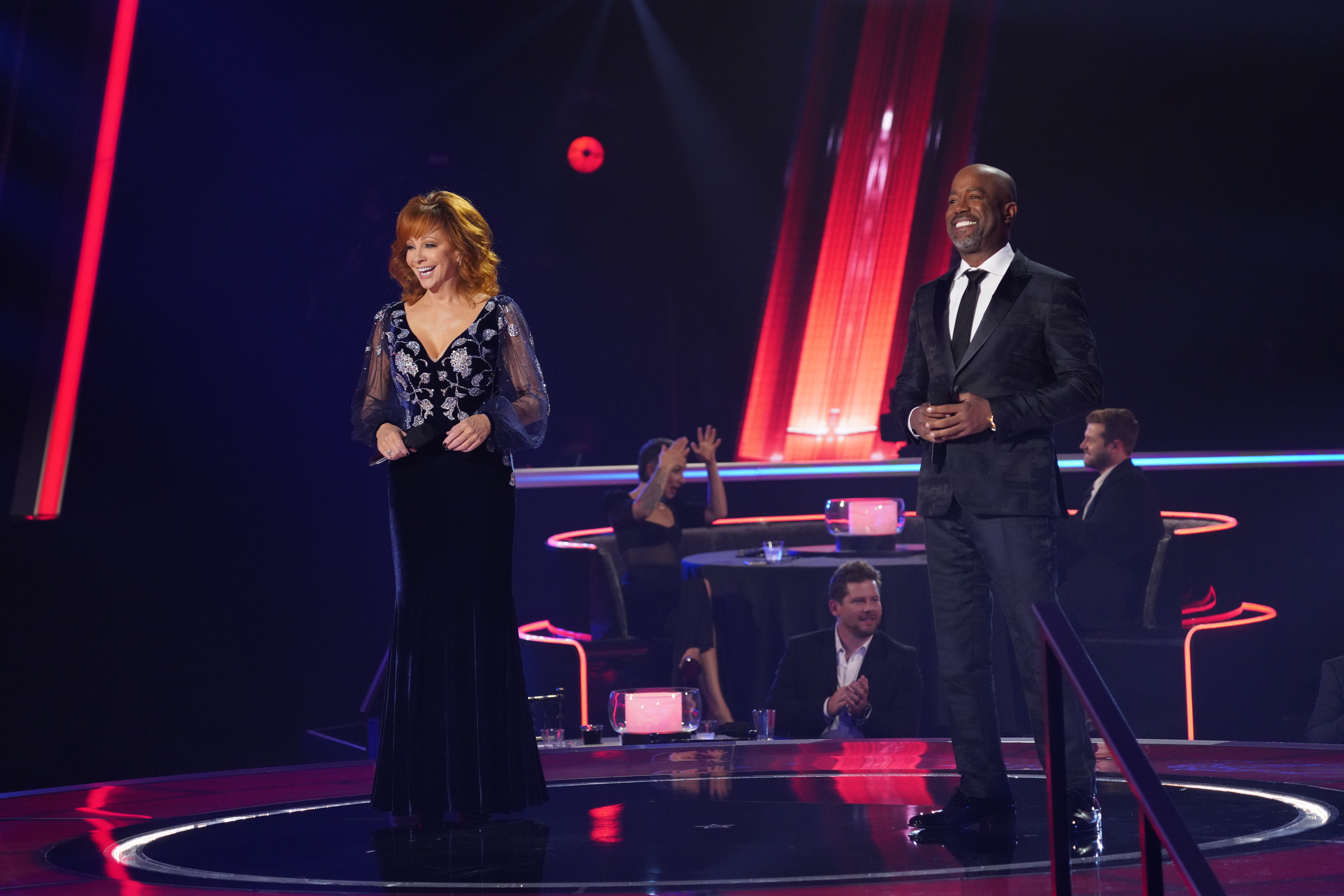
Perhaps the most devastating blow came weeks later; the country music world was heartbroken when Charley Pride, who flew from Dallas to Nashville to attend the show and accept the Willie Nelson Lifetime Achievement Award, tragically passed away due to complications from COVID-19 at the age of 86 after he was hospitalized with COVID-19-type symptoms in late November.
While it’s uncertain where Pride caught the virus – his manager Kevin Bailey tells The Dallas Morning News that the CMA “took every precaution that you can imagine” and CMA asserts in a statement that Pride tested negative for COVID-19 multiple times after returning home to Dallas – it served as a sobering reminder that hosting a virtual show would have perhaps been the safest and more proactive choice.
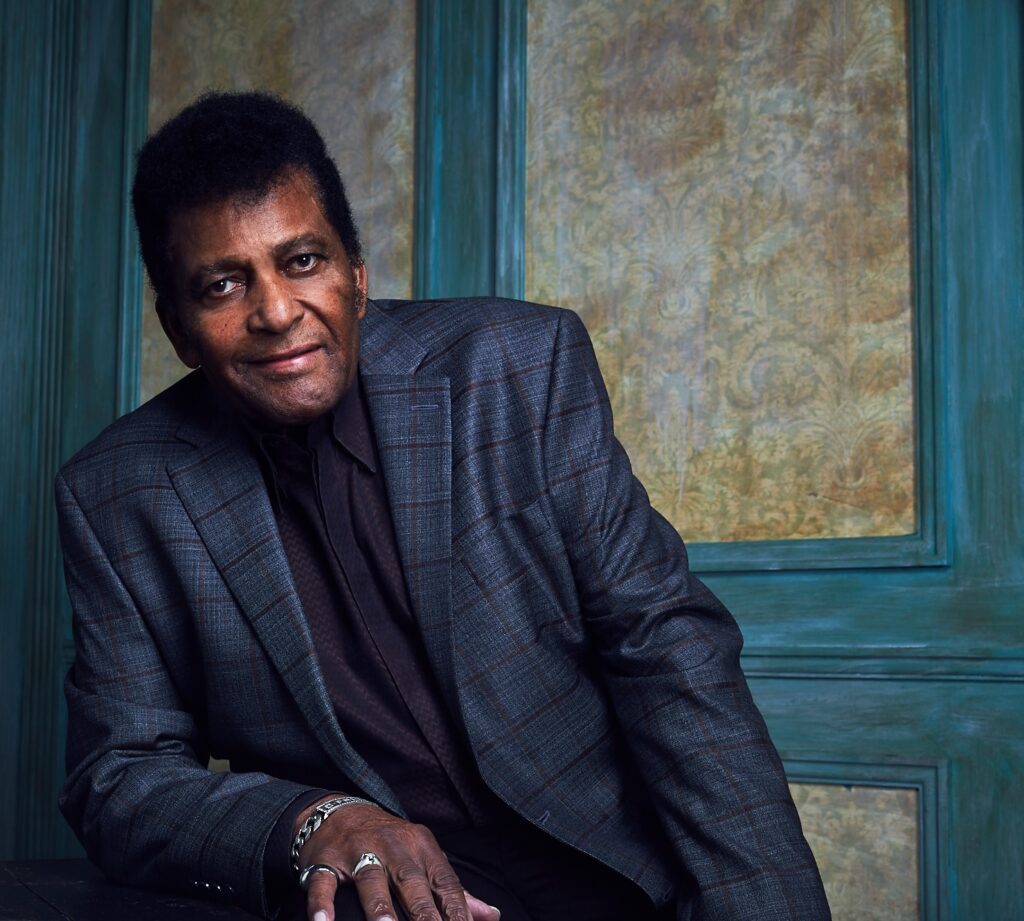
Low: The loss of legends
Loss has sadly been a commonplace in 2020, and the country music community lost many beloved artists this year. Kenny Rogers passed away from natural causes in early March just before the pandemic hit, while Charlie Daniels suddenly passed away from a stroke in July, months before his annual Volunteer Jam was scheduled to take place in Nashville (it’s since been rescheduled to February and re-branded as a tribute concert to Daniels).
Additionally, K.T. Oslin, who made history as the first female songwriter to win the CMA Award for Song of the Year with “80’s Ladies,” lost her battle with Parkinson’s Disease one week after being diagnosed with COVID-19, merely days before Christmas. The ramifications of COVID-19 where also felt when Charley Pride, John Prine and Joe Diffie all succumbed to complications after contracting the virus, leaving their loved ones, fans and the music community at large to mourn the loss of such tremendous figures.
High: Country music reckons with systemic racism
In the midst of a raging pandemic, a mirror was held up to America’s long-rooted history of systemic racism following the deaths of Ahmaud Arbery, Breonna Taylor and George Floyd. Their deaths inspired countless marches and protests and sent shock waves throughout the country that ultimately arrived at country music’s doorsteps, leading to several panels about the topic of diversity and breaking the cycle of racism in country music, with industry professionals and artists alike openly sharing their experiences.
This summer, during a panel called “A Conversation on Being African American in the Nashville Music Industry,” EntertainmentOne’s Senior Vice President and General Manager, Gina Miller, spoke out, saying, “The best data we have are your stories.” She related her own experience in which she greeted a woman at her former workplace every day, her cheerful “Good morning!” going totally unanswered. She persisted for nearly two years, until she the woman finally reciprocated. “From that grumble of ‘good morning,’ I still said ‘good morning’ the next day and the grumble got clearer and clearer,” Miller recalled. “The day that I had the clear ‘good morning,’ I knew we had turned a different corner.”
As a white woman who covers country music daily, these discussions, and the Black Lives Matter movement as a whole, have opened my eyes to how I have unintentionally been a part of this system. Miller’s perseverance truly resonated with me and her story often comes to mind, even months later. Miller’s story, and the many others like it, have motivated me to take a hard look at my role as a journalist and be more intentional about shining a spotlight on the voices that deserve to be heard.
Though country music still has a long way to go before it achieves true equity, it feels as though the blindfolds came off this year in many respects, the industry now willing to not only have conversations about race, but make changes to establish a more inclusive genre. As Mickey Guyton’s star power continues to rise in light of her powerful songs “What Are You Gonna Tell Her?” and “Black Like Me,” the former of which made her the first Black woman to perform her own song at the ACM Awards in its 55-year history and the latter designating her the first solo Black female to be nominated for Best Country Solo Performance at the Grammy Awards, it feels like a glimmer of hope for a future that is more accepting, welcoming and loving toward all.
High & low: Tennessee tornado & recovery efforts
When a tornado tore through multiple towns in Tennessee in the middle of the night on March 3, it left 24 people dead and multiple businesses destroyed in its path. Nashville was among one of the hardest hit areas, leaving many local business owners to clean up the damage and piece their livelihoods back together – but they didn’t do it alone. Residents-turned-volunteers demonstrated why Tennessee is nicknamed the “Volunteer State,” whether donating money and resources or showing up by the thousands to help clean up the damage. The effort was so massive that there was a waitlist to volunteer while other times volunteers were turned away.
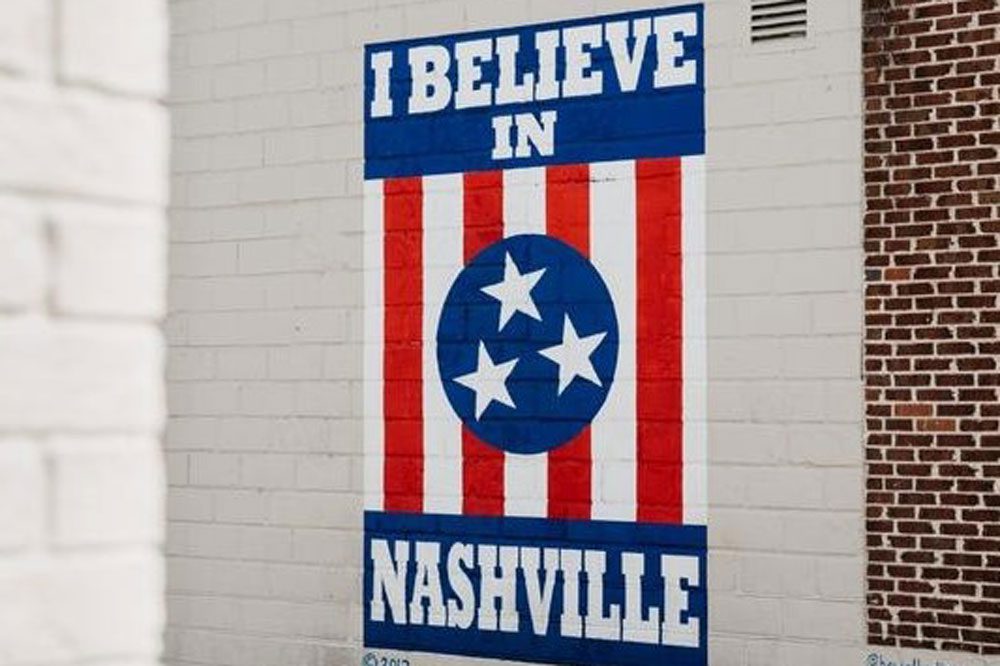
As one of those volunteers, I can attest to the awe-inspiring service of this city. Having only seen pictures of tornado devastation on the news, it was shocking to stand in the rubble of a home that had been torn apart in minutes, the owner remarkably surviving with only a few minor scrapes despite being trapped in the middle of the destruction. But the fear and heartache I felt as we picked up the remnants of someone’s life was immediately met with comfort and relief, working alongside selfless strangers who became friends through the experience.
While Nashville is a city of transplants, I believe it is reflective of our nation as a whole. As people who have moved here from across the country with a dream in hand collectively rushed to the call of duty, helping their fellow neighbors, the “I Believe in Nashville” mural – which remained unharmed while the buildings around it were destroyed – took on new meaning. It not only represents the resiliency of Nashville, but proves that we the people are invincible when we join together for the greater good.

